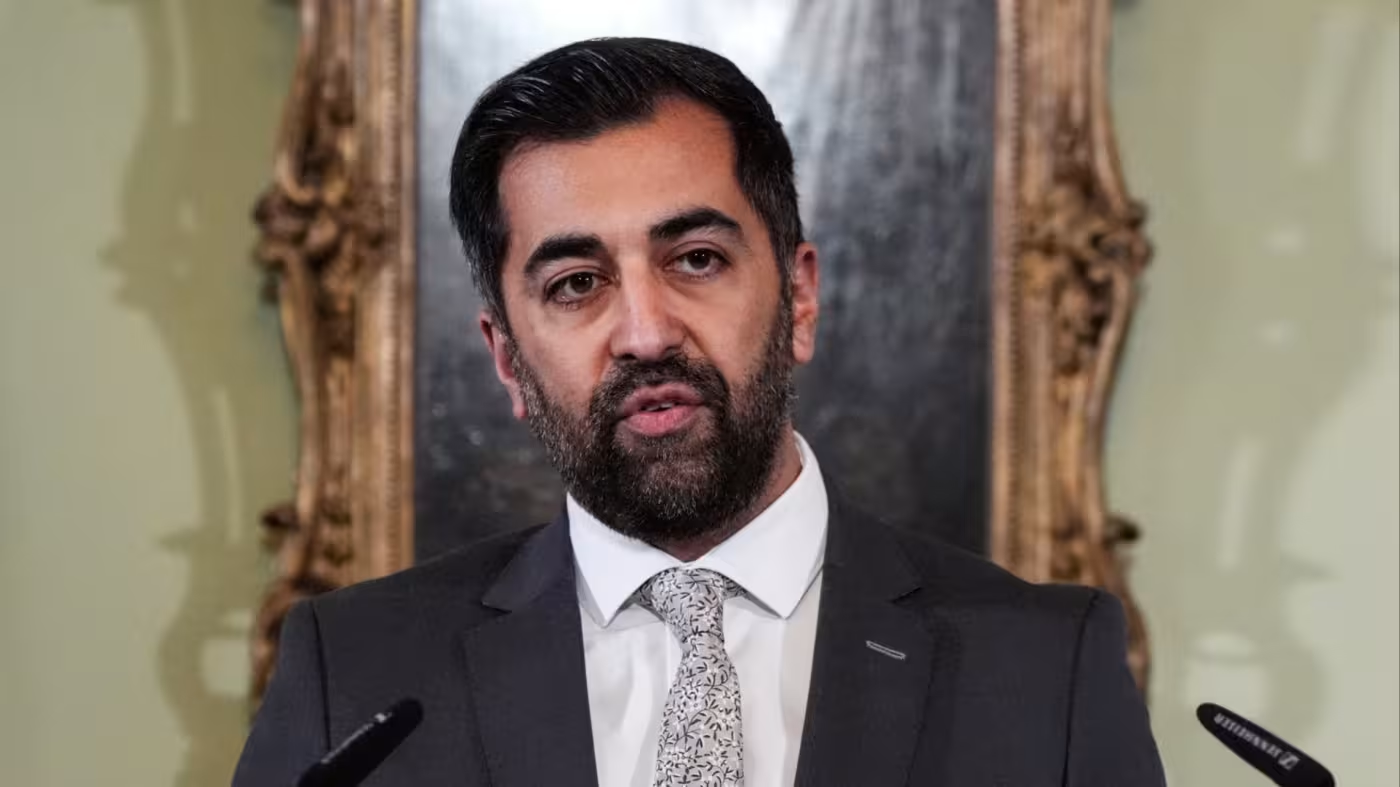
By:Staff writer
The government of Somaliland said it has no plans to discuss unity with Somalia, in an apparent rejection of Ugandan President Yoweri Museveni’s offer to mediate reunification talks between the two entities.
A statement by Somaliland’s foreign affairs ministry said Hargeisa would only agree to talks with Mogadishu if the agenda was the future of both entities as separate states.
“Any dialogue that transpires between Somaliland and Somalia will not discuss unification, but rather how the two previously united countries can move forward separately,” Somaliland’s government said in a statement late on Sunday.
Museveni’s offer followed a meeting in Uganda with an envoy of Somaliland’s president. He said that Somaliland’s secession had frustrated efforts to build a strong and prosperous Somali state.
The following statement was issued today by the Somaliland Ministry of Foreign Affairs.
The Republic of Somaliland gained independence from the British Empire on June 26, 1960. Four days later on July 1, 1960, the Somaliland government of that time which gained full recognition from more than 35 governments – voluntarily united with Somali la Italian and what was called the Republic of Somalia (Somali Republic) was established. According to International Law, this union was not legal because the “Act of the Union of Somaliland and Somalia” was not ratified. Instead, this union was only “in principle”. This act, known in Italian as “Atto di Unione” was never sufficient to legally stand.
The Republic of Somaliland has suffered greatly as a result of this failed union. Following extensive consultation and national agreement among all communities living in the Republic of Somaliland, Somaliland officially withdrew from the union and re-declared sovereignty on May 18, 1991. Somaliland’s withdrawal from the union, and the subsequent collapse of the Somali Republic, was due to significant problems that caused widespread death and destruction. The Republic of Somaliland has left the unratified union in the past, and its people have since built an independent nation based on the territorial borders drawn by the British Empire in 1960, similar to the recognized colonial borders of the 54 African Union states. As stated by the African Union’s Cairo Declaration of 1964, “all the borders of colonial Africa are inviolable and at the same time are real”.
The Republic of Somaliland has remained independent for 32 years, electing its leaders through direct elections based on the principle of “one man, one vote”. The Republic of Somaliland’s constitution is founded on the country’s sovereign rule and makes no reference to a union that collapsed 32 years ago. The President of the Republic of Somaliland actively upholds the pillars of the Somaliland Constitution and the aspirations of the Somaliland people. We discuss Somaliland’s recognition and cooperation with every government we speak with.
The talks between the Republic of Somaliland and Somalia, which the world refers to as the Federal Republic of Somalia, first began in 2012 during the “Transitional Federal Government of Somalia”.
The Somaliland Government affirms that any dialogue that transpires between Somaliland and Somalia will not discuss unification, but rather how the two previously united countries can move forward separately. Therefore, the Republic of Somaliland once again confirms to the African Union and the rest of the international community that it has no plans for dialogue to discuss unity with Somalia.
.
























